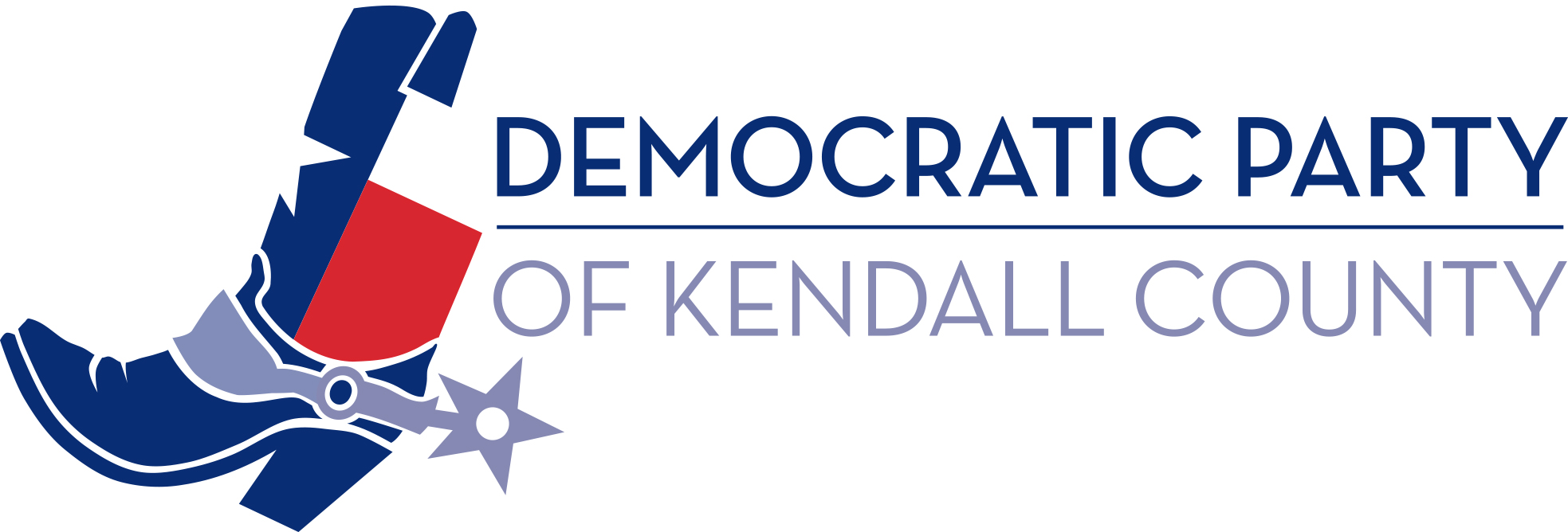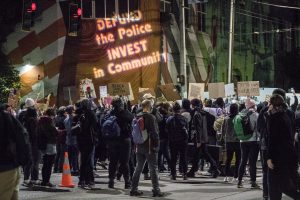by Laura Bray
for the “Progressive Views” column, Boerne Star, January 11, 2019

Texas law grants cities the authority to pass ordinances and protections for its citizens. Unfortunately, the Texas Legislature has consistently failed to provide counties with that same authority. This gap became painfully obvious during the debate on the Vulcan concrete batching plant along Hwy 46. Concerned citizens learned that the county commissioner’s court’s only basis for denial of a permit was on very narrow air-quality grounds (through the Texas Commission on Environmental Quality or TCEQ).
Many Texas cities have passed ordinances and protections that citizens have requested. Examples include a fracking ban (Denton), protections for users of ride sharing services and short-term property rentals (such as Airbnb), protection for trees during development efforts, and establishment of a higher minimum wage or paid sick leave. However, the Texas Legislature (which convened for its current session on January 8) has signaled that they plan to pass laws to override these local protections.
Republicans love to tout their focus on “local control”….right up until those localities pass protections that run afoul of Republican doctrine or donors. Then their own version of “big government” (i.e., the state) steps in to “fix” the issue.
San Antonio recently passed an ordinance on short-term rentals after substantial study. In a US News and World Report article, city official Jeff Coyle said, “It’s a perfect example of why unique solutions are appropriate for unique communities. We found an ordinance that fits for us.” Now the Texas Legislature is making noise about overriding it.
Another issue is national conservative groups (such as the American Legislative Exchange Council or ALEC) encouraging state legislatures to override cities. In response, the Texas Municipal League (which promotes the interests of Texas cities) launched their “Our Home, Our Decisions” campaign, which will foster “awareness about the State of Texas eroding the ability of Texans to have a voice in developing local solutions to local problems that affect their neighborhoods and their communities.”
A state senator represents about 800,000 people; a state representative, about 175,000; a county commissioner, about 10,000; a city councilperson, about 3,000. Which do you think will be most responsive to individual concerns? Government works best when it’s kept as close to the people affected as possible. Kendall County residents know what’s best for Kendall County, not state legislators, many of whom represent lightly populated areas or areas not experiencing Kendall’s explosive growth. Why should such legislators have a say in the governance of Kendall County?
Boerne and Kendall County are growing and thriving. But that growth must be managed to maintain the quality of life we all moved here (or stay here) to experience. Developers simply swoop in, build their homes, then swoop out, leaving taxpayers to foot the bill for infrastructure, schools, and public safety. They have zero interest in maintaining livability. The county has no ability to require payment of impact fees (payments assessed by local governments on developers to offset the costs of new infrastructure).
As always in politics, one only needs to “follow the money.” In 2018, Donna Campbell (our Texas Senator) received over $1 million from the real estate industry; unmitigated development is in their best interests. Nearly half of campaign contributions for Kyle Biedermann (our Texas Representative) came from the ultra-conservative group, Empower Texans. The voting record for our representatives shows that they vote where and how the money tells them. This situation is made worse by gerrymandering districts to protect incumbents and make them less accountable to their constituents….but that’s another column.
Local leaders must step up their efforts to push the Texas Legislature (and our representatives) for more local control. Voters need to understand who is funding these politicians and elect representatives who will actually represent constituent efforts and not the interests of their donors. We need a “Network” moment: “We’re mad as hell, and we’re not going to take it anymore!”
Here’s what “responsive local government” looks like. When a contractor set up a spectacularly poor and very dangerous configuration of construction barricades along Hwy 46 for its impending widening, I contacted my city councilperson, Nina Woolard. Within three weeks, the Texas Department of Transportation had coordinated with the contractor and reset the barricades into a much safer configuration. This is how local government should work. Government works best when it operates closest to the people it affects. Our local representatives and the Texas Legislature should act in the current session to increase the amount of local control, not meddle in affairs of localities in which they have no vested interest.



